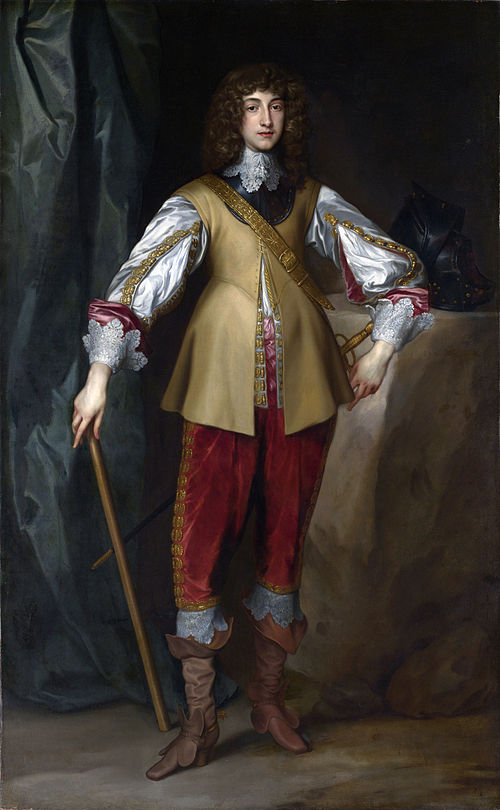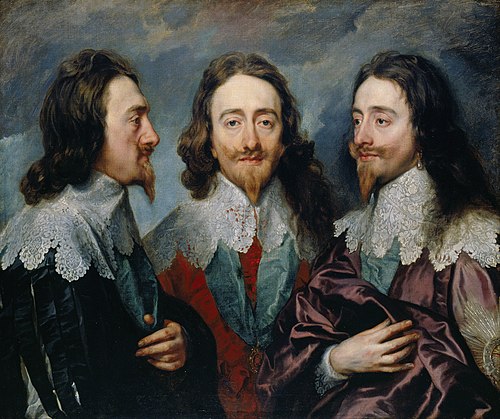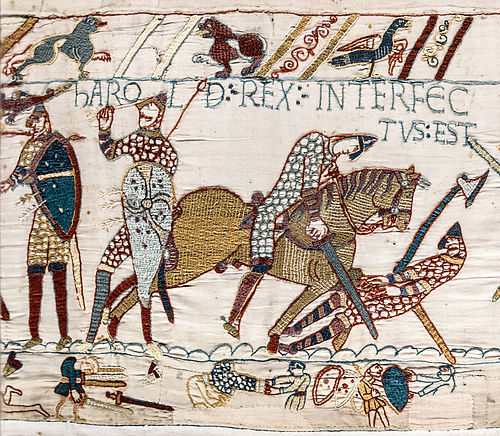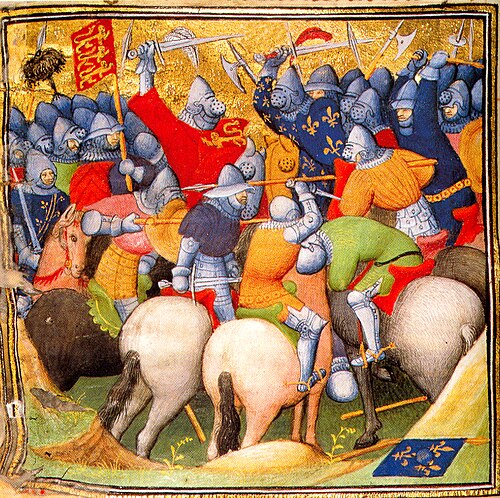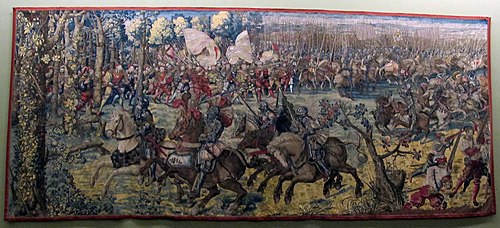Cavalieradjective
Not caring enough about something important.
Cavalieradjective
High-spirited.
Cavalieradjective
Supercilious.
Cavalieradjective
(historical) Of or pertaining to the party of King Charles I.
Cavaliernoun
A military man serving on horse, early modern cavalry officers who had abandoned the heavy armor of medieval knights.
Cavaliernoun
A gallant: a sprightly young dashing military man.
Cavaliernoun
A gentleman of the class of such officers, particularly:
Cavaliernoun
A courtesan or noble under Charles I of England, particularly a royalist partisan during the English Civil War which ended his reign.
Cavaliernoun
(slang) A man or boy with an uncircumcised penis.
Cavaliernoun
A defensive work rising from a bastion, etc., and overlooking the surrounding area.
Cavalierverb
Of a man: to act in a gallant and dashing manner toward (women).
Cavaliernoun
A military man serving on horseback; a knight.
Cavaliernoun
A gay, sprightly, military man; hence, a gallant.
Cavaliernoun
One of the court party in the time of king Charles I. as contrasted with a Roundhead or an adherent of Parliament.
Cavaliernoun
A work of more than ordinary height, rising from the level ground of a bastion, etc., and overlooking surrounding parts.
Cavalieradjective
offhand; unceremonious; gay; easy; frank. Opposed to serious.
Cavalieradjective
High-spirited.
Cavalieradjective
Supercilious; haughty; disdainful; curt; brusque.
Cavalieradjective
Of or pertaining to the party of King Charles I.
Cavaliernoun
a gallant or courtly gentleman
Cavaliernoun
a royalist supporter of Charles I during the English Civil War
Cavalieradjective
given to haughty disregard of others
Cavaliernoun
a supporter of King Charles I in the English Civil War.
Cavaliernoun
a dashing and attentive man, especially one acting as a lady's escort.
Cavaliernoun
a horseman, especially a cavalryman.
Cavaliernoun
a small spaniel of a breed with a long snout.
Cavalieradjective
showing a lack of proper concern; offhand
Cavalier
Cavalier () was first used by Roundheads as a term of abuse for the wealthier royalist supporters of King Charles I and his son Charles II of England during the English Civil War, the Interregnum, and the Restoration (1642 – c. 1679). It was later adopted by the Royalists themselves.
Knightnoun
A warrior, especially of the Middle Ages.
Knightnoun
A young servant or follower; a military attendant.
Knightnoun
Nowadays, a person on whom a knighthood has been conferred by a monarch.
Knightnoun
(chess) A chess piece, often in the shape of a horse's head, that is moved two squares in one direction and one at right angles to that direction in a single move, leaping over any intervening pieces.
Knightnoun
A playing card bearing the figure of a knight; the knave or jack.
Knightverb
(transitive) To confer knighthood upon.
Knightverb
To promote (a pawn) to a knight.
Knightnoun
A young servant or follower; a military attendant.
Knightnoun
In feudal times, a man-at-arms serving on horseback and admitted to a certain military rank with special ceremonies, including an oath to protect the distressed, maintain the right, and live a stainless life.
Knightnoun
A piece used in the game of chess, usually bearing a horse's head.
Knightnoun
A playing card bearing the figure of a knight; the knave or jack.
Knightverb
To dub or create (one) a knight; - done in England by the sovereign only, who taps the kneeling candidate with a sword, saying: Rise, Sir --.
Knightnoun
originally a person of noble birth trained to arms and chivalry; today in Great Britain a person honored by the sovereign for personal merit
Knightnoun
a chessman in the shape of a horse's head; can move two squares horizontally and one vertically (or vice versa)
Knightverb
raise (someone) to knighthood;
Knight
A knight is a person granted an honorary title of knighthood by a head of state (including the pope) or representative for service to the monarch, the church or the country, especially in a military capacity.Knighthood finds origins in the Greek hippeis and hoplite (ἱππεῖς) and Roman eques and centurion of classical antiquity.In the Early Middle Ages in Europe, knighthood was conferred upon mounted warriors. During the High Middle Ages, knighthood was considered a class of lower nobility.



